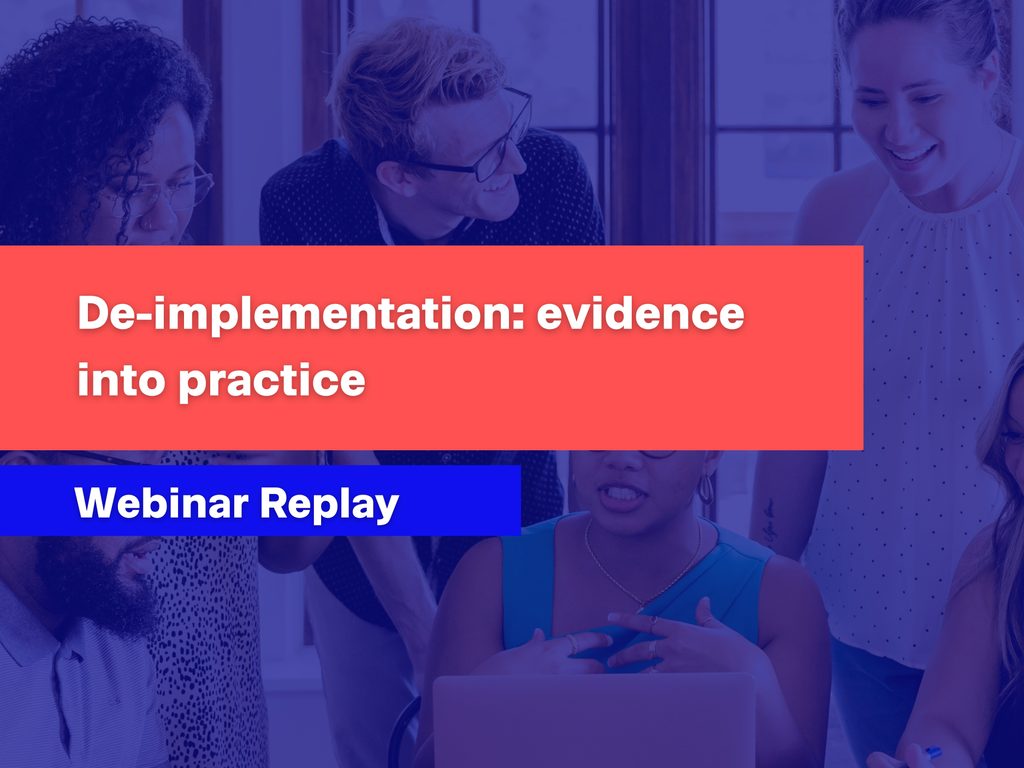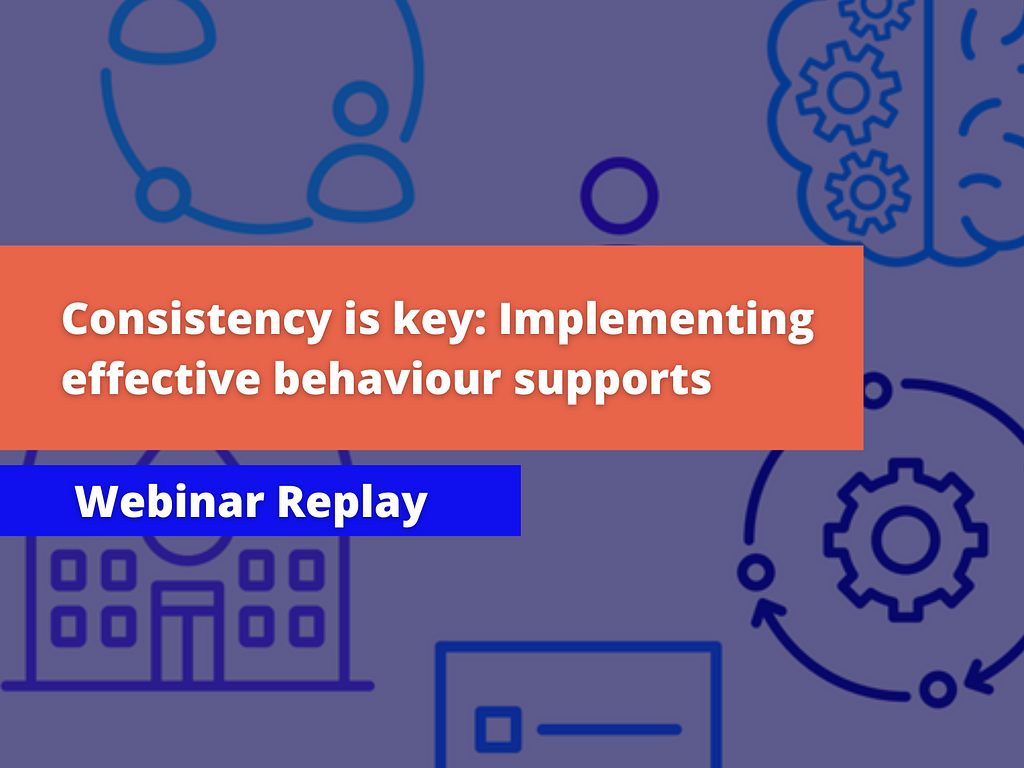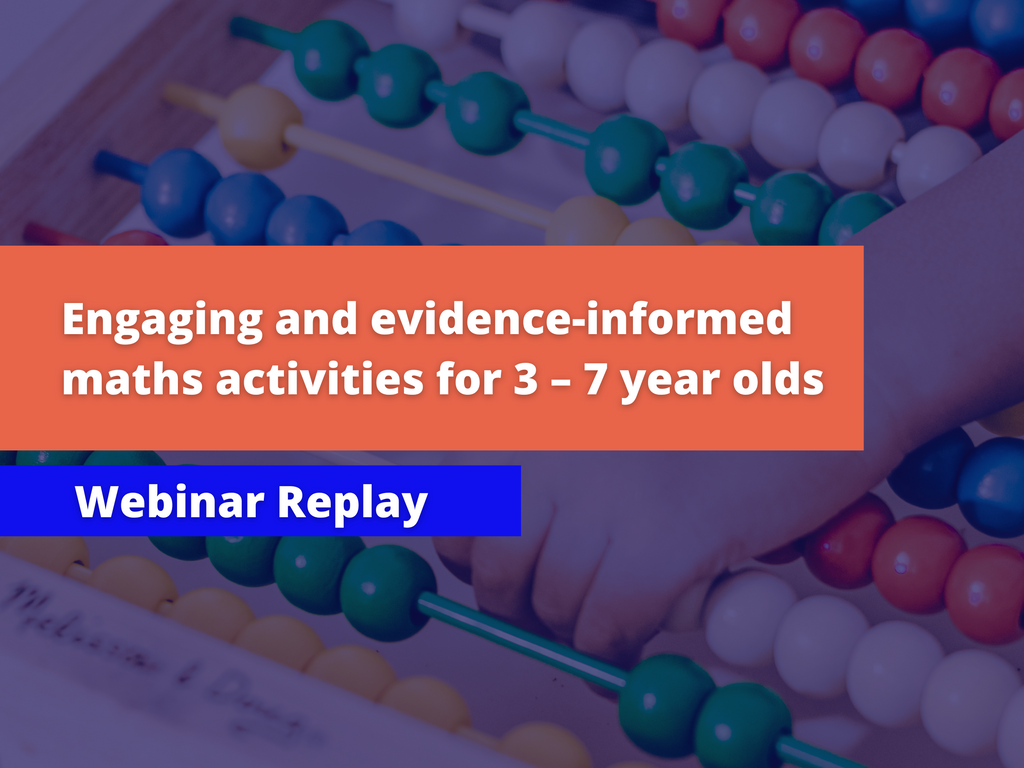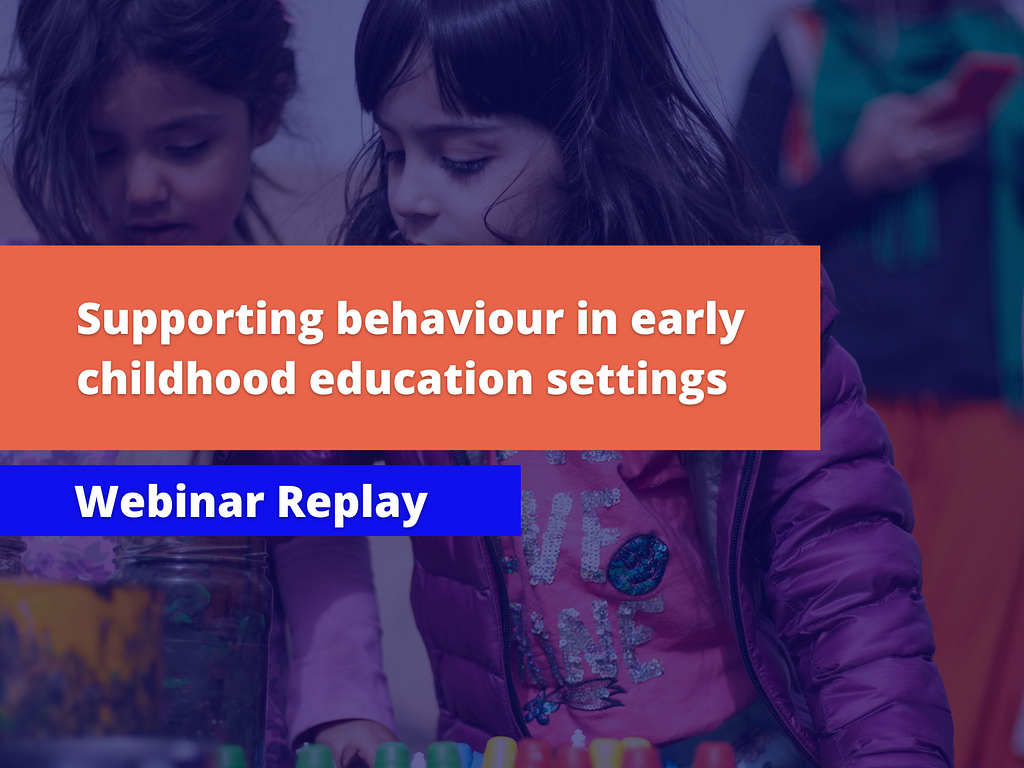Children’s experiences in the early years set the foundations for long-term behaviour and emotions. Early Childhood Education and Care (ECEC) settings are often a child’s first formal, group-based social experience outside their family. This context of peer, adult and group interactions presents a range of learning opportunities and challenges. Some children require additional support to navigate the behaviour expectations in these contexts. At times, some children may exhibit challenging behaviours.
During the webinar, explore the latest Australian and international research and practical strategies and tips to support early childhood educators to respond to challenging behaviours.
You will hear insights about research and practice from Dr Sandy Houen and Dr Sally Staton from the Queensland Brain Institute at the University of Queensland.
What you’ll learn:
- What the latest Australian and international research tells us about how educators can prepare for and respond to challenging behaviours in ECEC settings for children aged between 2 – 5 years.
- Evidence-informed strategies to support you to create positive relationships and stable environments for children, responses to try in-the-moment, and ways to reset and revisit with a child to encourage positive future interactions.
The focus of the webinar is on practical, low-cost, evidence-based strategies to support educators to respond to common, low to mid-level behaviours that can be de-escalated or redirected within the room. These strategies should be used in conjunction with other resources to support children’s self-regulation, learning and wellbeing.
Webinar presentation slides – Supporting behaviour in early childhood education settings
Uploaded: • 3.1 MB - pdfTo learn more about supporting behaviour in early childhood education settings, visit the Responding to challenging behaviour in ECE webpage. To explore the systematic review that underpins this work, click through to Responding to challenging behaviour with children aged 2 – 5 years in Early Childhood Education and Care settings.

Webinars


Webinars


Webinars


Webinars
